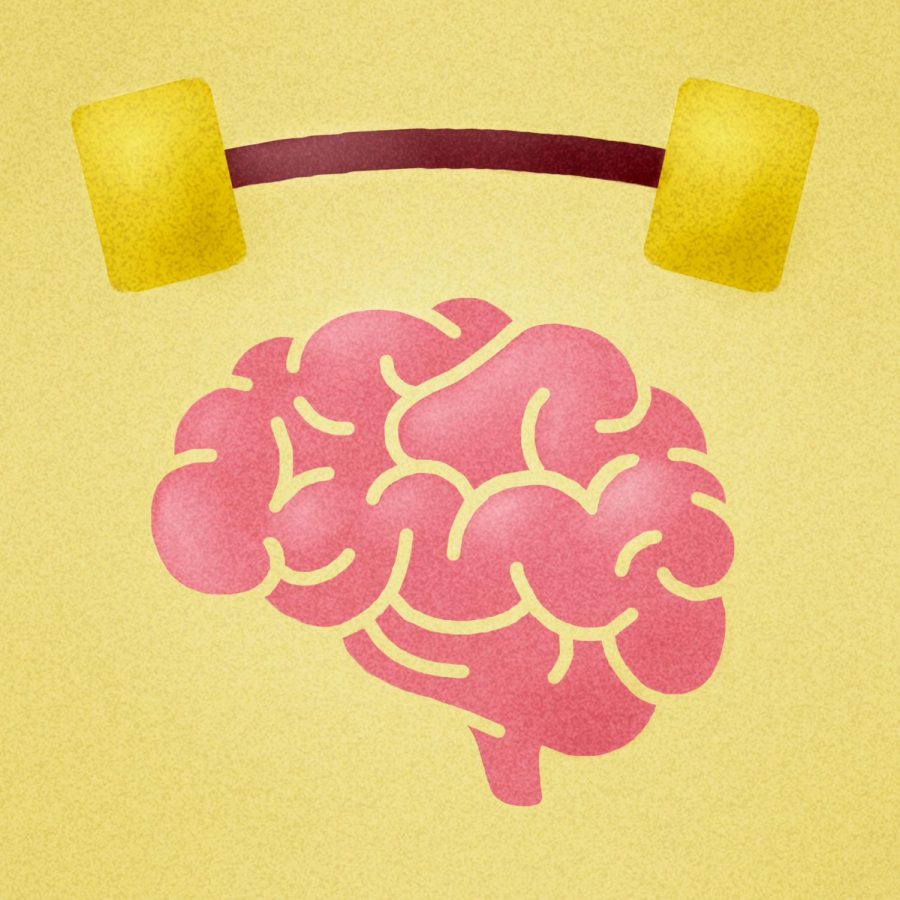There are hidden benefits of general education
November 11, 2017
 As a college student, you have likely found yourself questioning the value of the classes you are required to take. Either you have said or have heard another student say something along the lines of: “I’m never gonna use this,” “This doesn’t apply to me,” “Why does it matter that I learn this?” or “Why do I have to take this class anyway?”
As a college student, you have likely found yourself questioning the value of the classes you are required to take. Either you have said or have heard another student say something along the lines of: “I’m never gonna use this,” “This doesn’t apply to me,” “Why does it matter that I learn this?” or “Why do I have to take this class anyway?”
It is simply a fact of academia that everyone has to take classes they do not like, are not good at or that will not apply to their future careers. A kinesiology major, for example, must take calculus. However, how many physical therapists do you know that use calculus often, or even ever?
General education requirements prove a frustrating aspect to many college careers. Occasionally, gen eds can prove so difficult that they discourage students from attempting or completing some majors. So, what’s the point of them?
A better question: What does it mean to learn? There is simply so much to learn here that, on occasion, we feel discouraged by what should feel like a privilege.
I feel strongly that the argument, “I’m never going to use this,” has no place in academia. Although frustrating, learning for the sake of learning is the reason we are all here.
Get The Daily Illini in your inbox!
It proves a common misconception among students and the general populous that learning essentially equates to knowing things: how to solve an equation, how to interpret a poem, how to build a bridge, how to write a paper. Therefore, if you learn something you may not use in your life, the information is useless.
I would beg to disagree with this attitude. Think about it this way: If you have to take a class you loathe with a passion and with which you have much difficulty, but you manage to finish with a decent, if not stellar grade, what did you learn? Does it matter that you’ll never have to find the antiderivative to an equation with logs, trig, the quotient rule and the chain rule again? Absolutely not.
What, you ask, did you gain from this class, then? Well, you learned to learn. You learned to wrap your brain around concepts that were, at one point, completely foreign to you. You learned to work hard with consistency, and you learned the benefits that can be realized from a strong work ethic.
No matter what you choose to do in life, honing your ability to learn difficult concepts and understand unnatural material can only prove beneficial.
Someday, you will be asked in your career to do something you’ve never done before. You may not understand its relevance to your position, or why you must complete the task. However, it will be your responsibility to accomplish what is asked of you, regardless of your feelings toward the issue.
You could panic, complain, even quit. Or, you could remember that time way back in college when you had to write a 15-page literary analysis on “Anna Karenina” and, despite what felt like hours of alternating between screaming at the book and your laptop, that you got it done. And if you did that, you can do anything.
The purpose of college is to teach you more than just facts. College exists to teach you how little you know, yet how much knowledge you can attain; it exists to teach you how hard you must work for success, yet the supreme rewards that hard work can offer. It exists to teach you humility and personal empowerment.
So, the next time you feel frustrated or disheartened by a seemingly irrelevant gen ed, pause for a moment to consider the lesson you’re truly learning from it. Learning is a lifelong process that often proves much more dynamic than many assume.
Ellen is a freshman in LAS.







